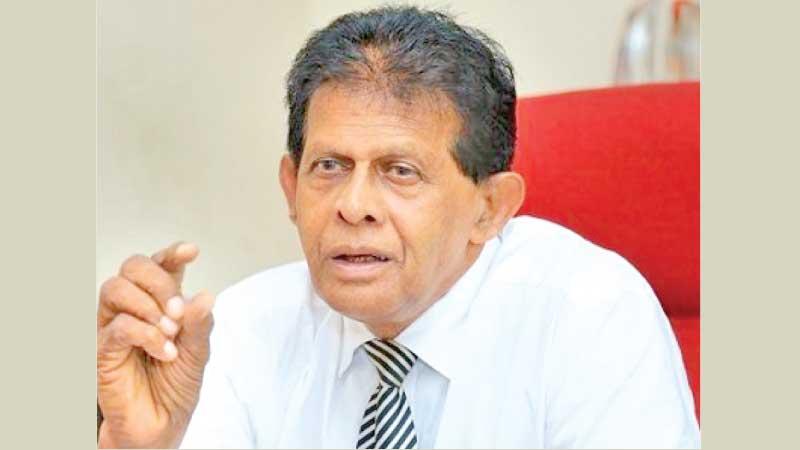
Anthony Marinon Opatha, better known as Tony Opatha, one of the greatest fast-bowling all-rounders Sri Lanka produced passed away last week at the age of 73.
He was the spearhead of the Sri Lanka bowling attack from 1970 and his hard work and determination were key factors that could not be replaced until he retired at a young age of 29 after the second World Cup in 1979. He was never dropped from the side.
Opatha played for St.Peter’s College and in his very first match took six wickets for just nine runs against Thurstan College who were all out for 19. He then went on to captain St Peter’s in 1967 and won the Big Match against St Joseph’s taking seven wickets in the match while breaking into the club scene with Saracens at the age of 17.
Opatha then moved to play for SSC and in his very first match plucked 7 for 39 before joining CCC for one season. They bowled out Tamil Union for just 9 runs, the lowest score in domestic cricket where Opatha had six wickets for 2 runs,
He then joined Air Force and captained them in the Sara Trophy tournament and in Sri Lanka’s first unofficial Test against Pakistan in 1974 at Lahore, Opatha took eight wickets and made 33.
A year later Opatha with a sensational bowling performance against a strong West Indies side led by Clive Lloyd at the P. Sara Oval in 1975 took four scalps that included Viv Richards to dismiss them for 119. Opatha also coached his alma mater for three years at a time when they became the best all-island team with Rohan Buultjens as captain and he also had the distinction of coaching the rival Joes for three years.
But Opatha’s wonderful career was hampered by the rebel tour to South Africa in October 1982, which he and 13 other Sri Lanka cricketers undertook only to return and be banned for 25 years.
Speaking about the rebel tour to the South African media Opatha very correctly said: “They can come and see the way the Sri Lankan people live. Then they will certainly tell that we were trying to make a living. I have to feed my family and I have to go out to make a living for my family first. I’m not going to please the whole world, I have to please myself first. Like you said charity begins at home. And it doesn’t begin around the world. If you could tell me a sportsman who is in sport just for fun; then I’ll call him a liar. Because today (1982) the name of sport is money.”
He was the father of four daughters.
